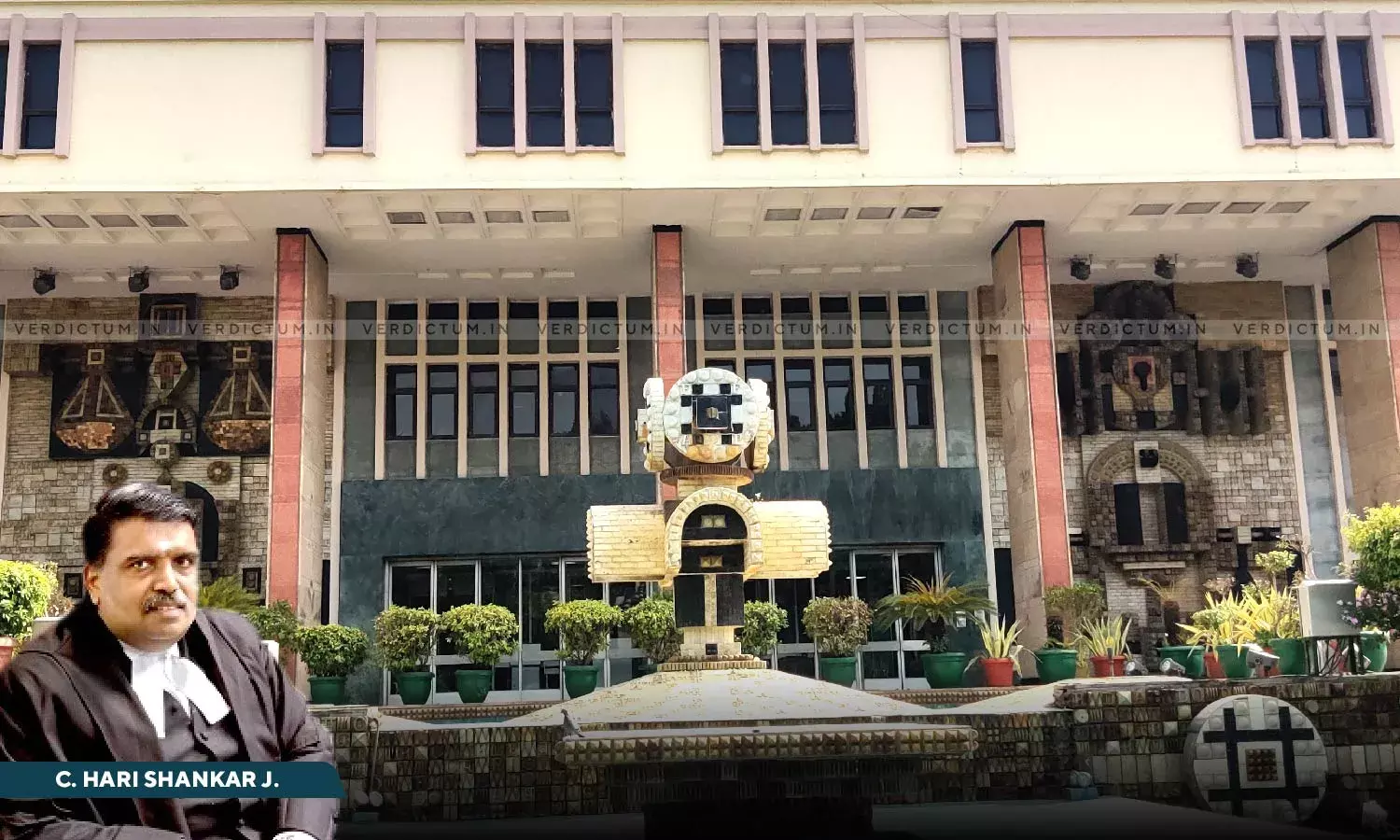Delhi HC Applies Pianotist Test While Barring Pharma Manufacturer From Using Mark On Grounds Of Deceptive Similarity

A Delhi High Court Bench of Justice C Hari Shankar has passed an interim order restraining Smart Laboratories from using the mark 'AZIWAKE', on the ground that it was deceptively similar to Dr Reddy Laboratories' 'AZIWOK'.
In that context, it was said that, "A clear prima facie case of infringement, by the defendant’s AZIWAKE mark, of the plaintiff’s AZIWOK is, therefore, made out. When assessing infringement, the comparison has to be on mark-tomark basis. Added matter, or attendant circumstances, cannot mitigate infringement where, on mark-to-mark basis, it is seen that there is deceptive similarity between the marks, and likelihood, as a result, of confusion, or of a consumer of average intelligence and imperfect recollection associating the mark of the defendant with the mark of the plaintiff, is seen to exist."
Basing the observation on the Pianotist Test, which has, "come to be regarded as the gold standard, having been followed and adopted in, among others, the decisions of the Supreme Court Court", the High Court held that there was no real distinction between their look and sound.
Counsel Ranjan Narula, among others, appeared for the plaintiff, while Counsel Archana Sahadeva, among others, appeared for the defendant.
In this case, the dispute was of a trademark involving the registered mark "AZIWOK," initially owned by Wockhardt Ltd and later assigned to the plaintiff, covering pharmaceutical preparations. The plaintiff, having used the mark since 1994, claimed substantial sales and goodwill. The defendant introduced "AZIWAKE" for similar azithromycin products in 2022, prompting the plaintiff's legal action.
The plaintiff argued that the structural and phonetic similarity poses a risk of confusion among consumers. The defendant justified "AZIWAKE" as a fanciful term denoting the awakening of the body's ability to fight bacteria.
The case centred around the issues of trademark infringement, passing off, and the likelihood of confusion between the competing marks.
The Court applied the Pianotist test, which requires consideration of
(i) the look and the sound of the competing words,
(ii) the goods to which they are applied,
(iii) the nature and kind of customer who would be likely to buy those goods, and
(iv) what is likely to happen if each of the marks is used in the normal way as a trade mark for the goods of their respective owners.
Subsequently, it was observed that, "The competing words are, in the present case, “AZIWOK” and “AZIWAKE”. There is no real distinction between their “look” and “sound”, especially as the plaintiff holds a word mark registration for the word “AZIWOK”. Though, to my mind, it is obvious that AZIWAKE is phonetically similar to AZIWOK, as they sound deceptively alike to the ear, one may, if it is necessary to pare the issue to its essentials, explain why the two words are phonetically similar, thus:
(i) Each word consists of three syllables.
(ii) Of the three syllables, the first and second syllables in each word are the same; “a” and “zi”.
(iii) The third syllable which, therefore, would be determinative in examining phonetic similarity, is “wok” in one case and “wake” in the other.
(iv) The third syllable in each case has, therefore, three distinct sounds, with an initial and the terminal consonant sound and an intervening vowel sound.
(v) The initial and terminal consonant sounds are the same in both the words, namely “w” and “k”.
(vi) The only difference between the two words AZIWOK and AZIWAKE is, therefore, in the intervening vowel sound between the consonants forming part of the third syllable (“wok” and “wake”) in each word. In AZIWOK, the intervening sound is “o” and, in AZIWAKE, it is “ay”.
(vii) This minuscule difference between the two words is too slight to detract from the overall phonetic similarity between them.
(viii) To the ear of the consumer of average intelligence and imperfect recollection, it is, therefore, clear that the words “AZIWOK” and “AZIWAKE” are phonetically deceptively similar."
Subsequently, the Court restrained the defendant from using the impugned mark regarding pharmaceutical preparations, or for any other allied of cognate goods or services. It was also clarified that no injunction was passed against the batches of AZIWAKE already circulating in the market or which had been manufactured.
Cause Title: Dr Reddys Laboratories Limited vs Smart Laboratories Pvt Ltd
Click here to read/download the Judgment

